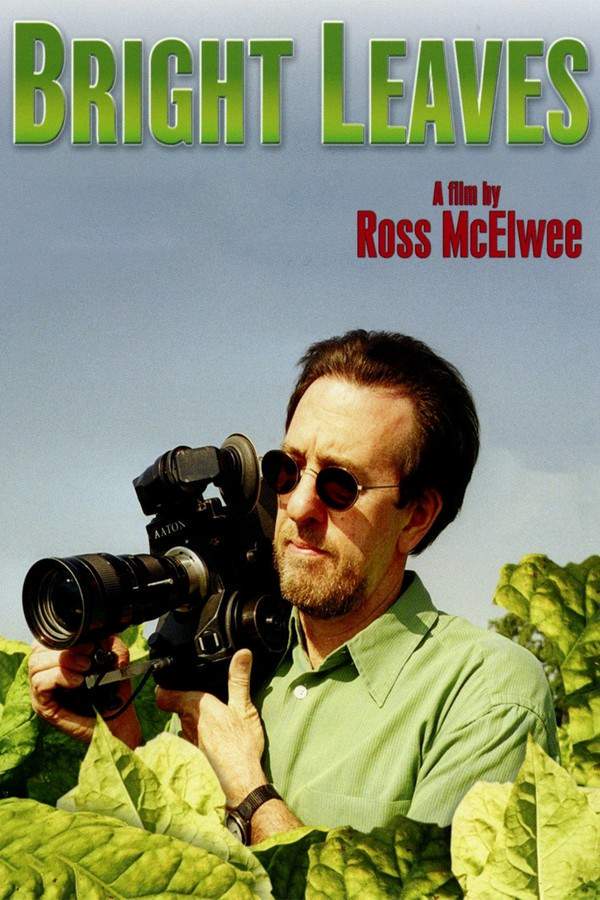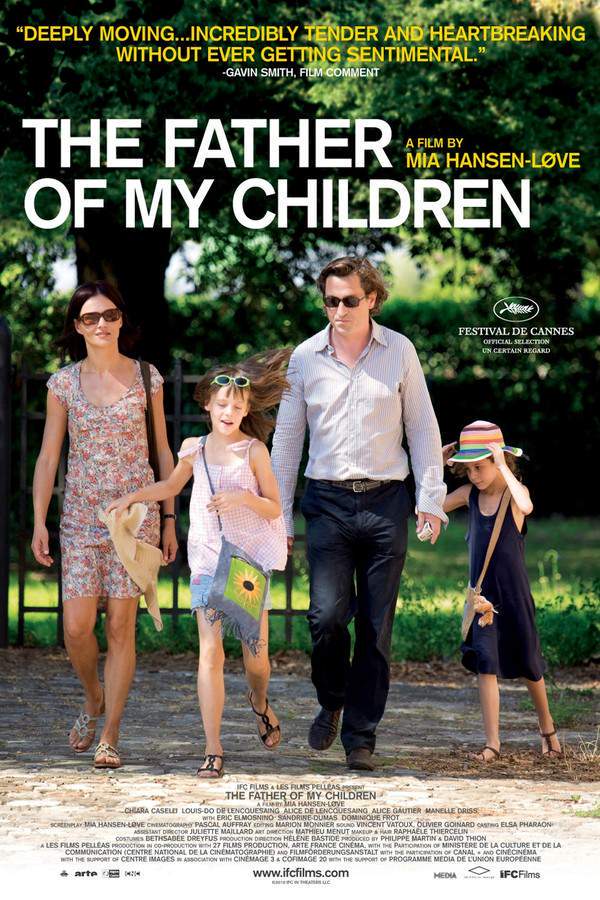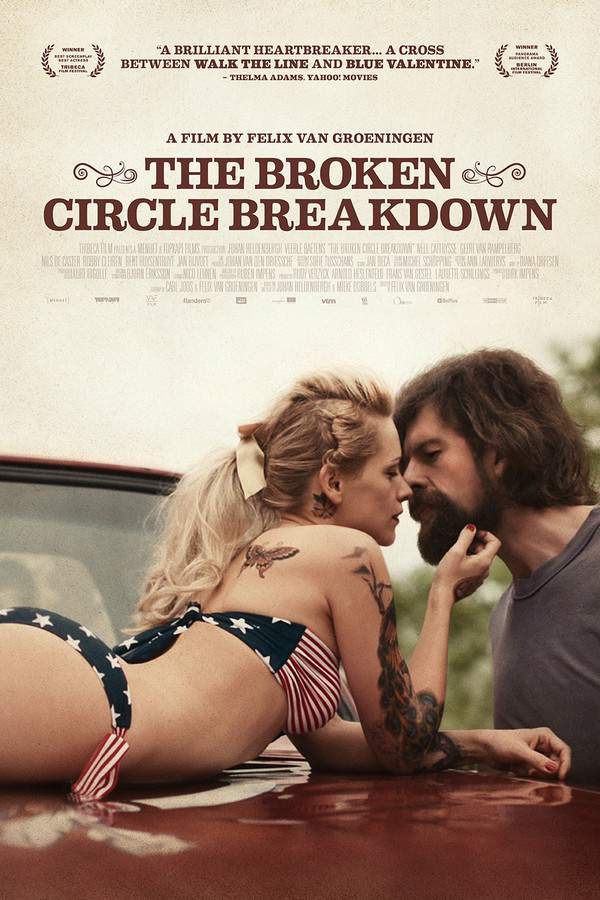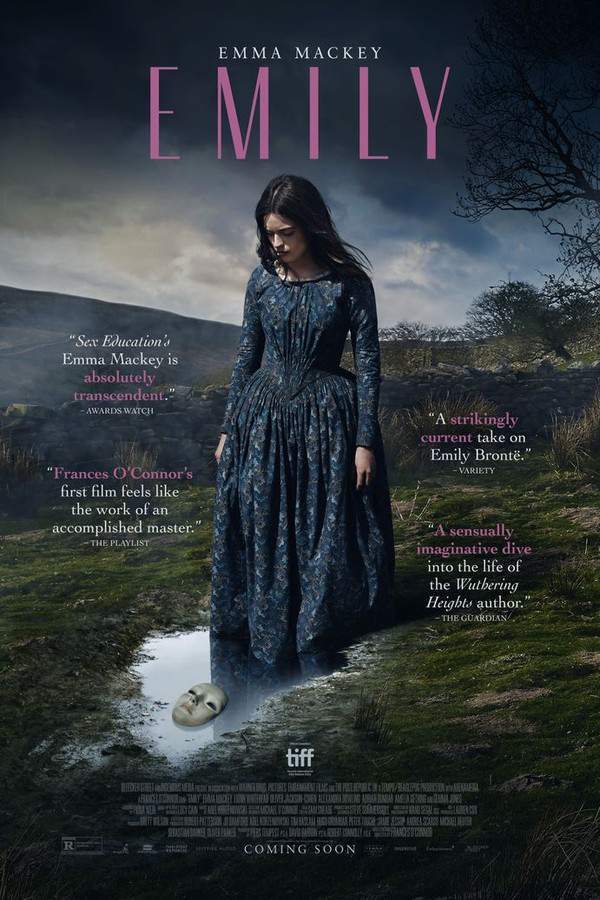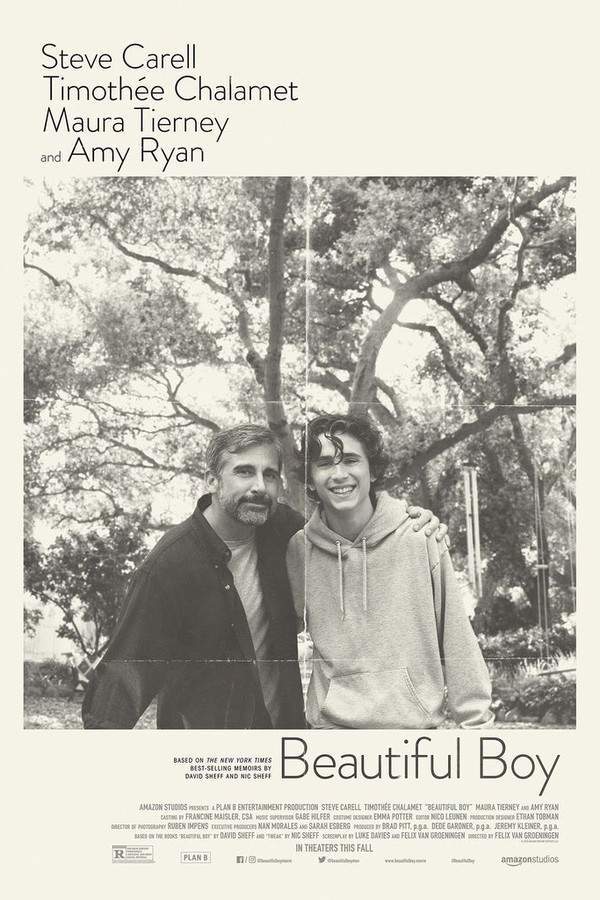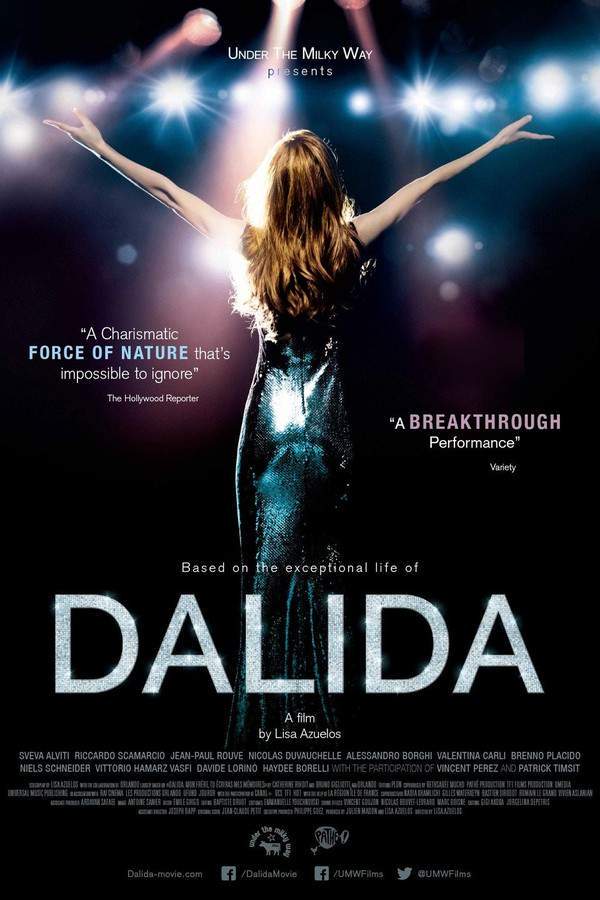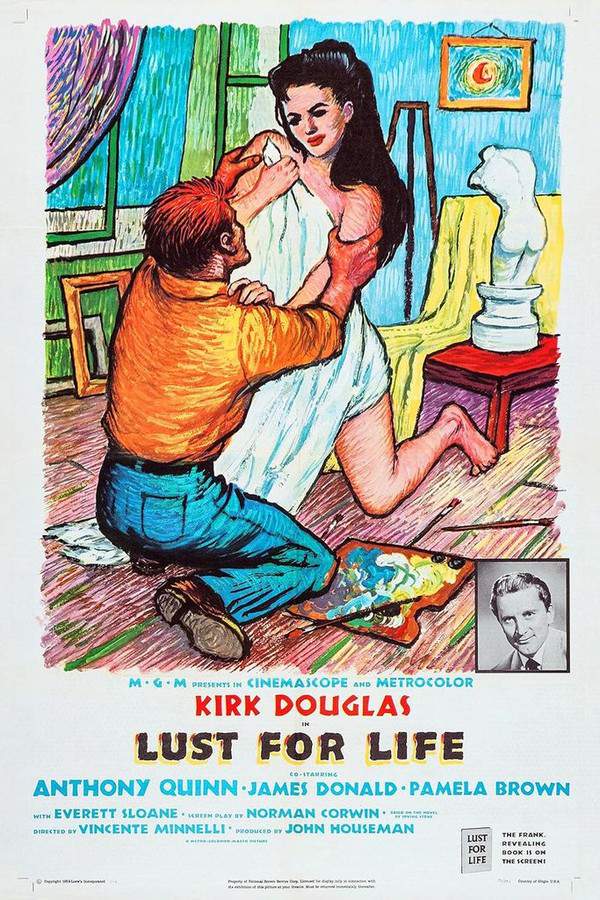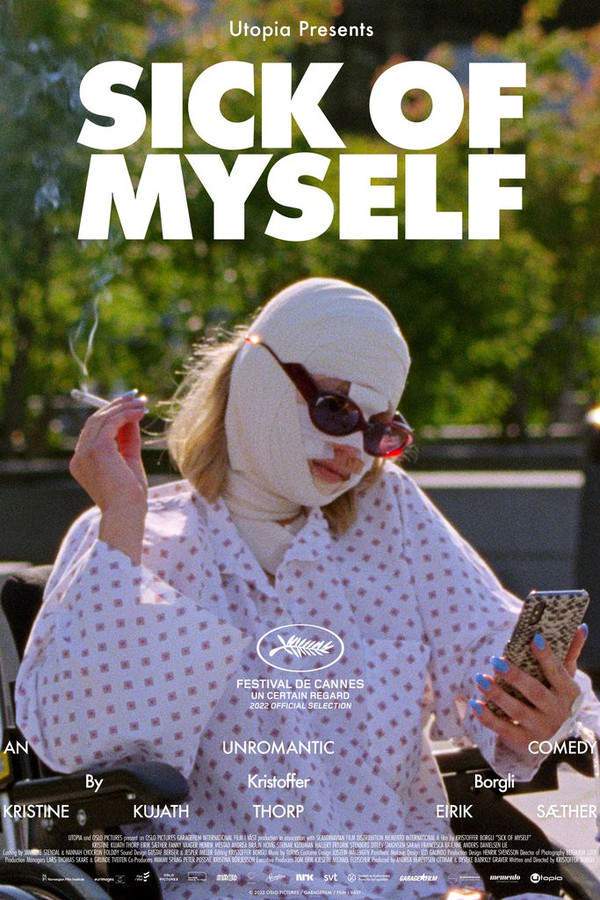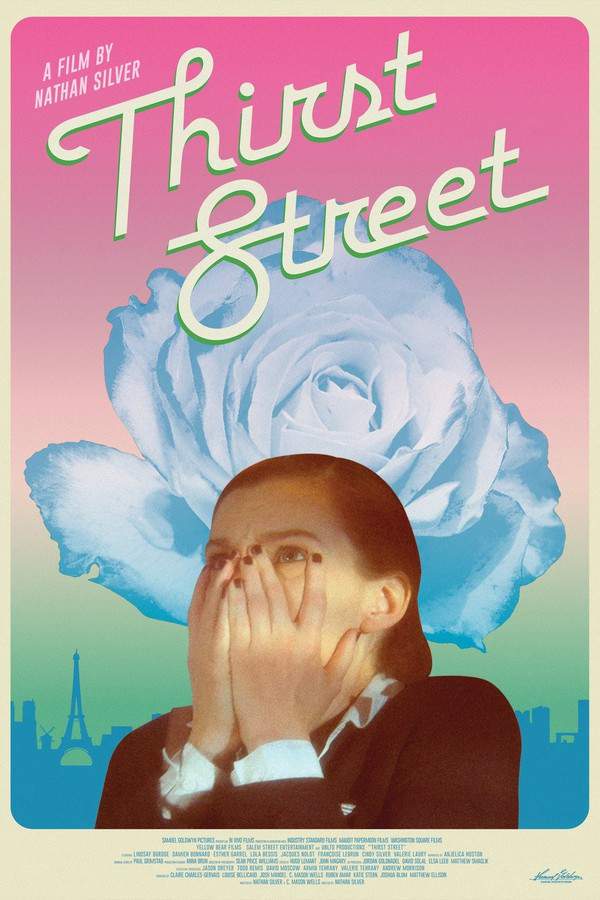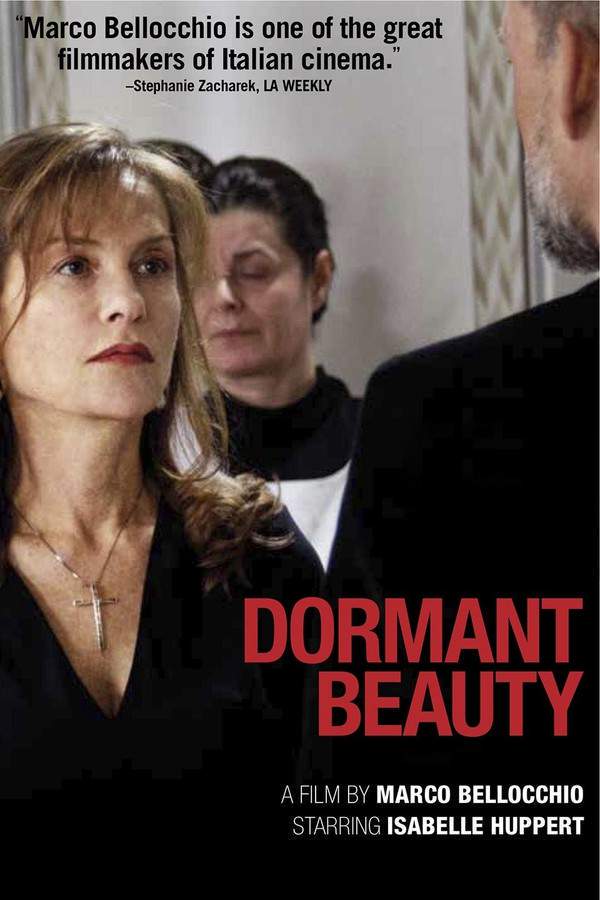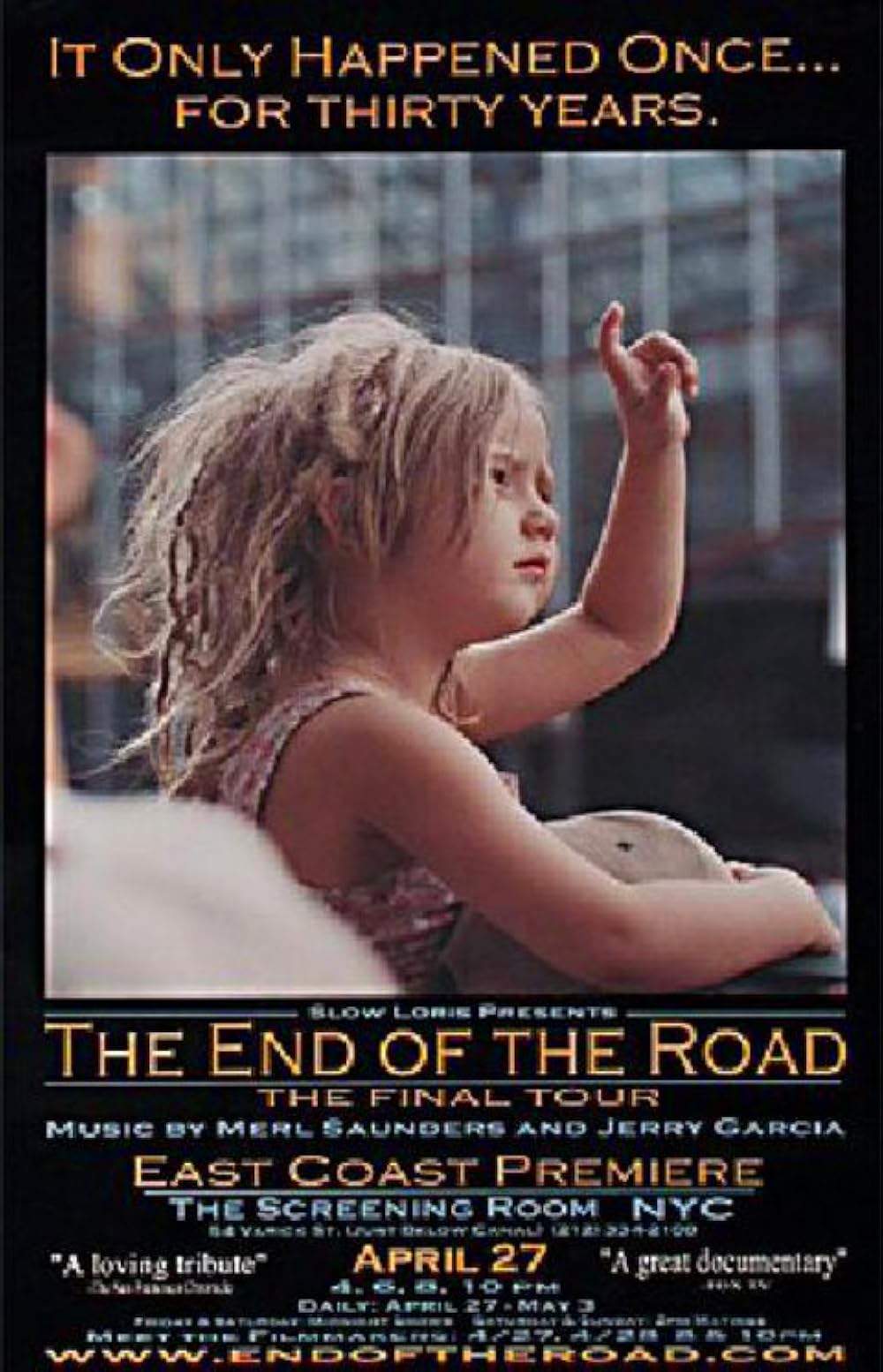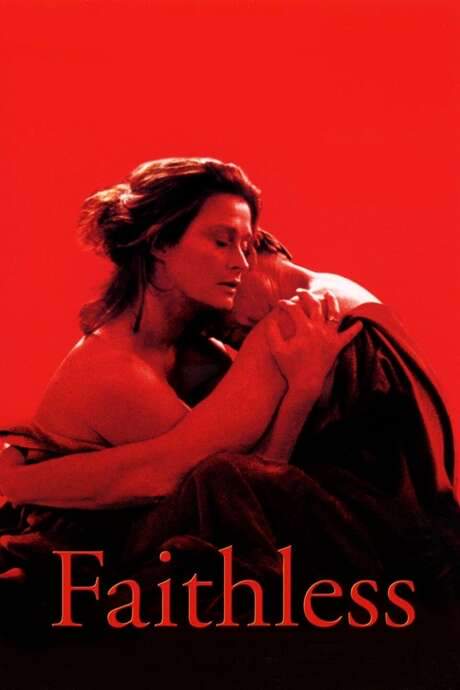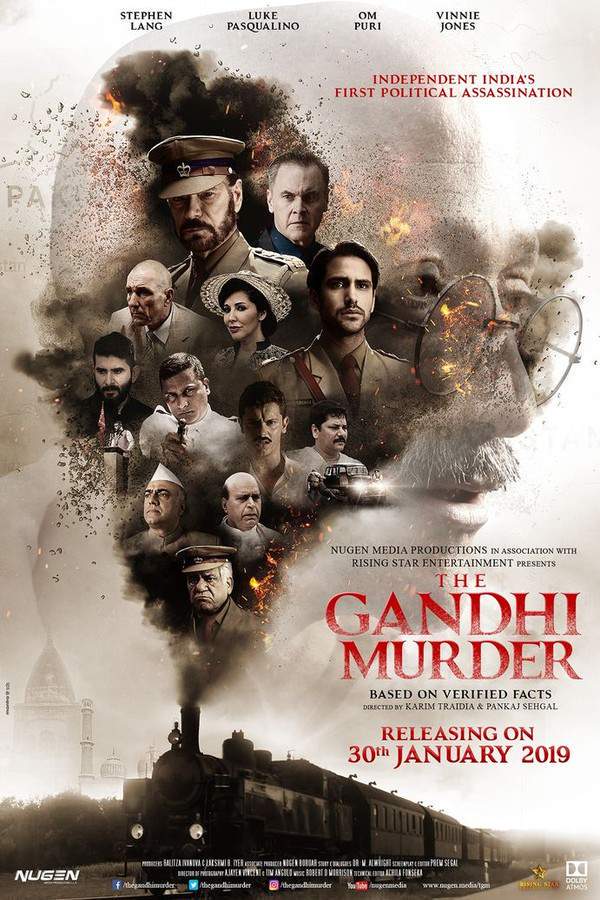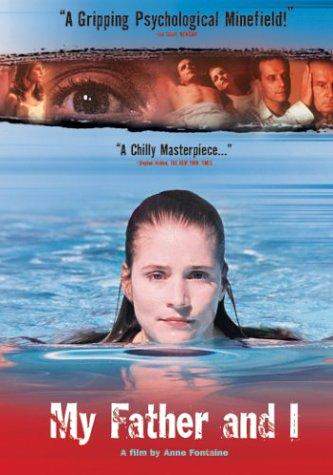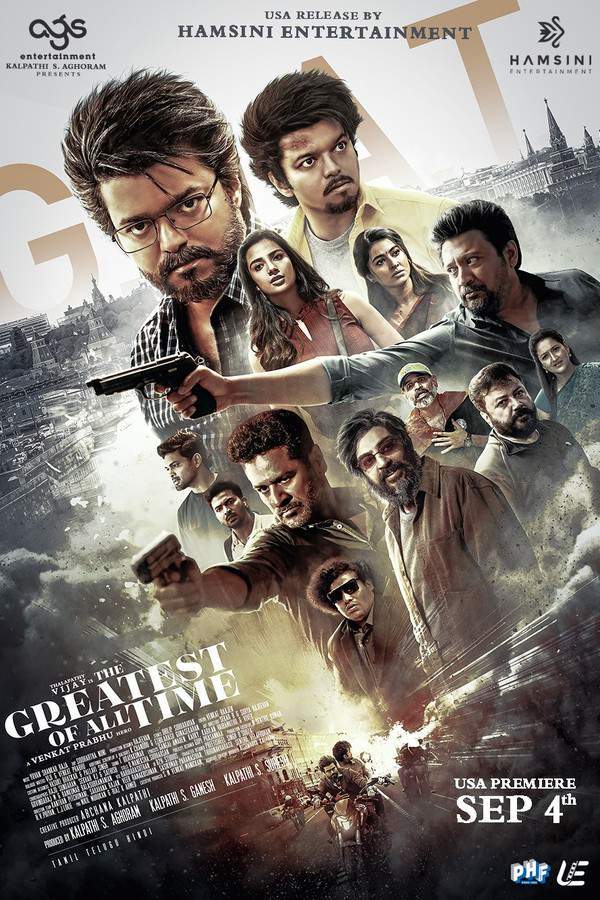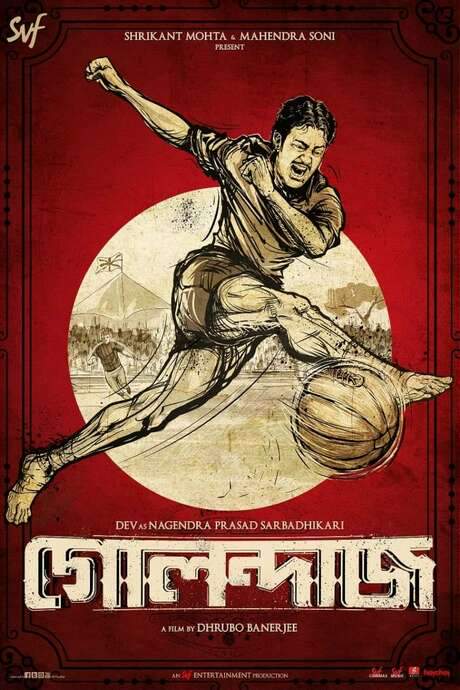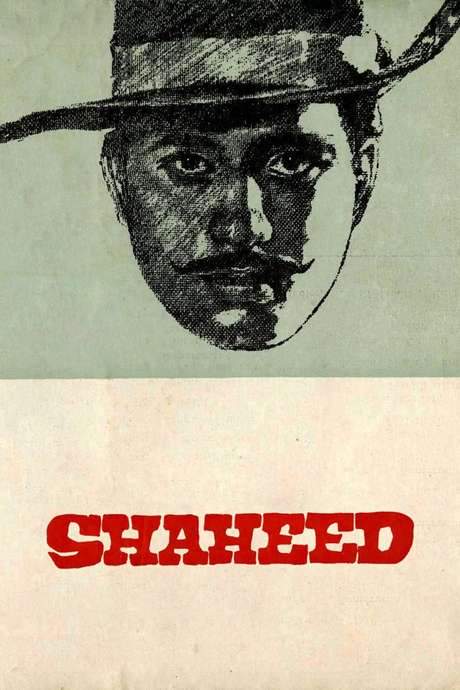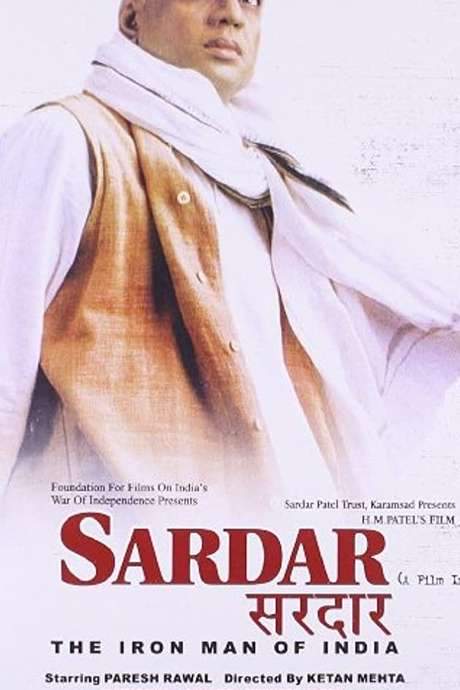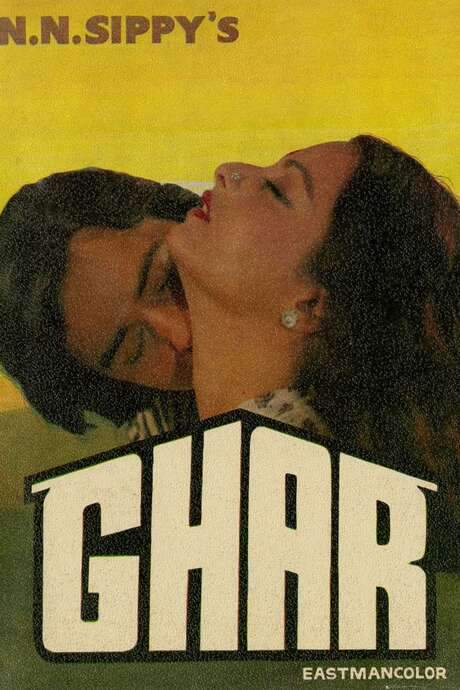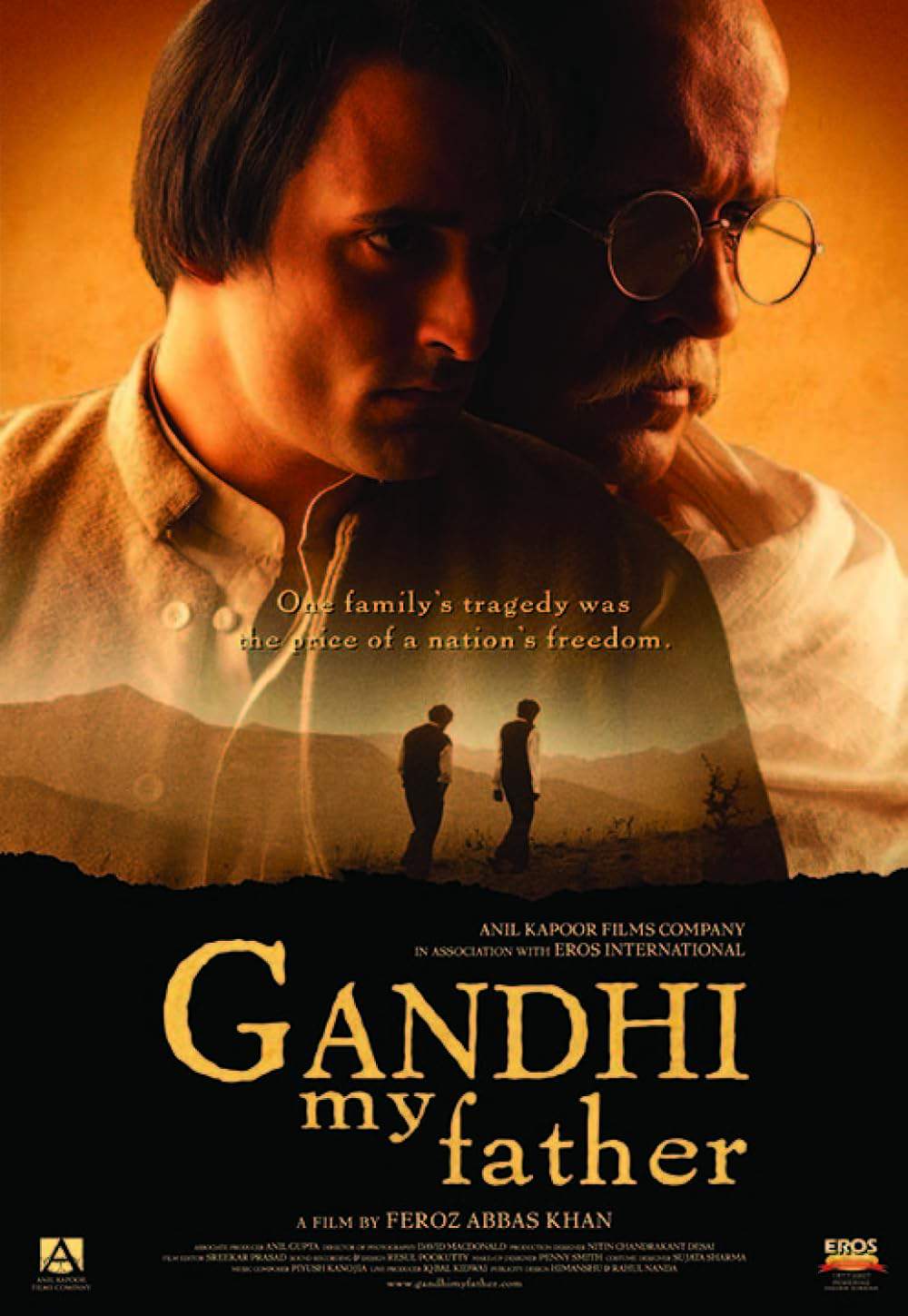
Gandhi, My Father
Year: 2007
Runtime: 136 min
Language: Hindi
Director: Feroz Abbas Khan
Harilal Gandhi, son of Mahatma Gandhi, lived a turbulent life marked by rebellion and a desperate search for identity. Rejecting his father's path, he converted to Islam before seeking solace in Hinduism. Battling addiction and struggling to escape the shadow of his father's immense legacy, his journey became a tragic exploration of belonging and the difficulties of forging one's own path. The film portrays the complexities of this relationship and the profound impact of a father's fame.
Warning: spoilers below!
Haven’t seen Gandhi, My Father yet? This summary contains major spoilers. Bookmark the page, watch the movie, and come back for the full breakdown. If you're ready, scroll on and relive the story!
Gandhi, My Father (2007) – Full Plot Summary & Ending Explained
Read the complete plot breakdown of Gandhi, My Father (2007), including all key story events, major twists, and the ending explained in detail. Discover what really happened—and what it all means.
Gandhi My Father intricately explores the strained relationship between Mahatma Gandhi and his son, Harilal Gandhi. From the very beginning, their aspirations diverge dramatically; while Harilal (played by Akshay Khanna) dreams of studying abroad to become a barrister like his father, Gandhi hopes for his son to follow in his footsteps and join him in the fight for justice and equality.
Set in 1906, while Mohanlal and Kastur Gandhi battle against apartheid in South Africa, Harilal finds himself in Rajkot, caught up in his own ambitions. Amidst his plans for marriage to Gulab, Mohanlal responds with disappointment, declaring he would no longer recognize Harilal as his son. In a bid for reconciliation, Harilal travels to South Africa, leaving Gulab behind. Mohan asks for her presence, hoping she would inspire change in Harilal.
Initially, Harilal joins his father in the struggle against apartheid and stands by him when Gandhi faces arrest for defying oppressive laws. However, after receiving a warning about Harilal’s intentions to pursue a formal education, Mohan dismisses his son’s aspirations, insisting he remain committed to the cause.
As tensions escalate, Mohan decides to send Gulab and Harilal’s daughter back to India, igniting Harilal’s fury. Opportunities for education arise when a friend creates a scholarship, but Mohan chooses another candidate, sidelining his son once more. This neglect becomes an emotional turning point for Harilal, who feels betrayed and disillusioned, leading him to abandon his father’s vision and return to India, where he reunites with Gulab (played by Bhoomika Chawla) and their children.
In India, Harilal attempts to gain his diploma but faces repeated failures, ultimately falling into financial despair. When Mohan arrives in 1915 to ignite the freedom struggle, Harilal seeks his father’s assistance, only to be met with rejection. Unable to rely on Mohan for help, Harilal gets a job in a factory in Calcutta, where he tries to succeed by trading the very foreign goods Mohan protests against.
Despite his initial success, Harilal resorts to dishonest means to fund his business, leading to a damaging criminal case initiated by Mohan’s friend. With each failed endeavor, Harilal’s reputation deteriorates, tarnishing his father’s name. As his struggles intensify, Gulab leaves with the children and tragedy strikes when one of their sons dies. Stripped of his family, Harilal’s health deteriorates after Gulab falls gravely ill before he can say farewell.
Despairing, Harilal initially refuses Mohan’s attempts to reconnect. Eventually, he secures a sales job, but the shadows of his past loom large. Soon after, a business proposal using the Gandhi name tempts him, resulting in deception that leads to his arrest. His fall from grace drives him to seek solace in Christianity, yet he remains mired in debt, shifting loyalties to those who would exploit him.
As Mohan launches the Quit India Movement and faces imprisonment, Kasturba reaches out to Harilal, urging him to return to his roots. However, the tides of history sweep them apart, as riots break out in Calcutta and partition looms. Mohan’s decision for compromise births Pakistan, while Harilal struggles to find his place amidst chaos.
In a tragic turn, Mohan meets a violent end in January 1948. Harilal attends the funeral incognito, trying to escape his entangled legacy, only to die unnoticed five months later, on June 18, 1948. His life becomes a poignant reflection of the conflicts inherent in both personal and political spheres, leaving a complex legacy intertwined with that of his illustrious father.
Last Updated: October 25, 2024 at 10:18
Explore Movie Threads
Discover curated groups of movies connected by mood, themes, and story style. Browse collections built around emotion, atmosphere, and narrative focus to easily find films that match what you feel like watching right now.
Tormented by a Famous Shadow: Dramas like Gandhi, My Father
Stories of children struggling to escape the immense shadow of a legendary parent.If you were moved by the tragic story of Harilal Gandhi in 'Gandhi, My Father', explore more movies about children crushed by the weight of a famous parent's legacy. These films delve into the personal cost of public greatness, featuring characters in desperate searches for identity outside of their family name.
Narrative Summary
These narratives typically follow a protagonist whose life is defined by their famous parent's achievements or notoriety. The central conflict is an internal and external struggle for individuality, often manifesting as rebellion, self-destruction, or a desperate attempt to prove themselves, culminating in a poignant examination of filial relationships under extreme pressure.
Why These Movies?
Movies are grouped here for their shared focus on the 'curse' of famous parentage. They share a heavy, melancholic tone, a steady pacing that allows for deep character study, and a powerful exploration of themes like legacy, rejection, and the often-impossible task of forging one's own path.
Spirals of Personal Tragedy: Heavy Dramas like Gandhi, My Father
Intimate portraits of a life unraveling due to addiction, grief, and failure.For viewers affected by the devastating personal decline in 'Gandhi, My Father', this section collects similar movies about lives falling apart. These intense, character-driven stories focus on addiction, grief, and repeated failures, creating a somber and immersive viewing experience for those seeking profound emotional dramas.
Narrative Summary
The narrative pattern is a linear or chronological descent into tragedy. The story meticulously details a series of misfortunes, poor choices, and compounding losses that the protagonist cannot overcome. The pacing is deliberate, making the viewer a witness to an inevitable collapse, emphasizing the crushing weight of accumulated despair.
Why These Movies?
These films are united by their unflinching focus on a character's tragic downfall. They share a high emotional intensity, a heavy weight, a steady pacing that builds a sense of grim inevitability, and a conclusion that is overwhelmingly sad, leaving a lasting impression of human vulnerability.
Unlock the Full Story of Gandhi, My Father
Don't stop at just watching — explore Gandhi, My Father in full detail. From the complete plot summary and scene-by-scene timeline to character breakdowns, thematic analysis, and a deep dive into the ending — every page helps you truly understand what Gandhi, My Father is all about. Plus, discover what's next after the movie.
Gandhi, My Father Timeline
Track the full timeline of Gandhi, My Father with every major event arranged chronologically. Perfect for decoding non-linear storytelling, flashbacks, or parallel narratives with a clear scene-by-scene breakdown.

Characters, Settings & Themes in Gandhi, My Father
Discover the characters, locations, and core themes that shape Gandhi, My Father. Get insights into symbolic elements, setting significance, and deeper narrative meaning — ideal for thematic analysis and movie breakdowns.

Gandhi, My Father Spoiler-Free Summary
Get a quick, spoiler-free overview of Gandhi, My Father that covers the main plot points and key details without revealing any major twists or spoilers. Perfect for those who want to know what to expect before diving in.

More About Gandhi, My Father
Visit What's After the Movie to explore more about Gandhi, My Father: box office results, cast and crew info, production details, post-credit scenes, and external links — all in one place for movie fans and researchers.

Similar Movies to Gandhi, My Father
Discover movies like Gandhi, My Father that share similar genres, themes, and storytelling elements. Whether you’re drawn to the atmosphere, character arcs, or plot structure, these curated recommendations will help you explore more films you’ll love.
Explore More About Movie Gandhi, My Father
Gandhi, My Father (2007) Scene-by-Scene Movie Timeline
Gandhi, My Father (2007) Movie Characters, Themes & Settings
Gandhi, My Father (2007) Spoiler-Free Summary & Key Flow
Movies Like Gandhi, My Father – Similar Titles You’ll Enjoy
Gandhi (1983) Movie Recap & Themes
The Gandhi Murder (2019) Film Overview & Timeline
How I Killed My Father (2002) Story Summary & Characters
The Greatest of All Time (2024) Complete Plot Breakdown
The Legend of Bhagat Singh (2002) Full Summary & Key Details
Hey Ram (2000) Complete Plot Breakdown
Maine Gandhi Ko Nahin Mara (2005) Spoiler-Packed Plot Recap
Golondaaj (2021) Detailed Story Recap
Gandhi Godse Ek Yudh (2023) Film Overview & Timeline
The Father (1996) Movie Recap & Themes
Shaheed (1965) Full Movie Breakdown
Sardar (1993) Movie Recap & Themes
Ghar (1978) Spoiler-Packed Plot Recap
National Theatre Live: The Father and the Assassin (2024) Detailed Story Recap
The Making of the Mahatma (1996) Ending Explained & Film Insights

